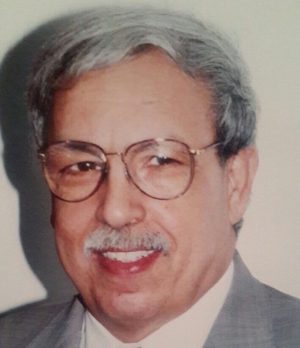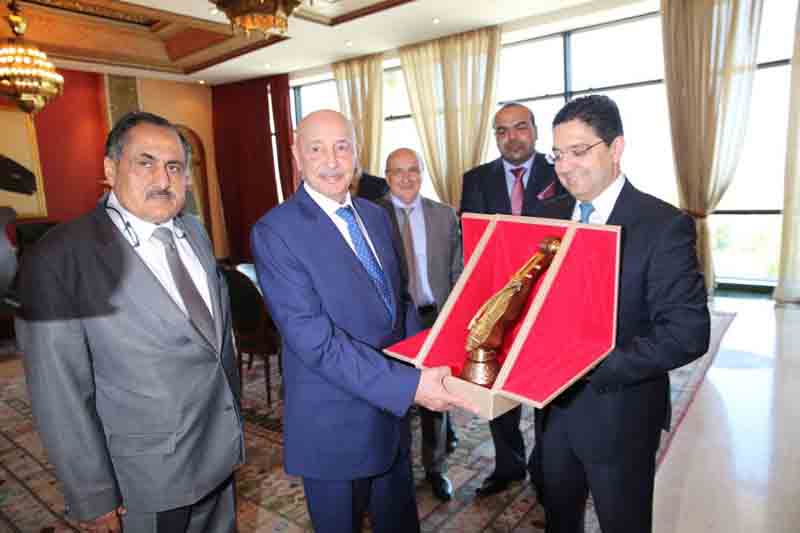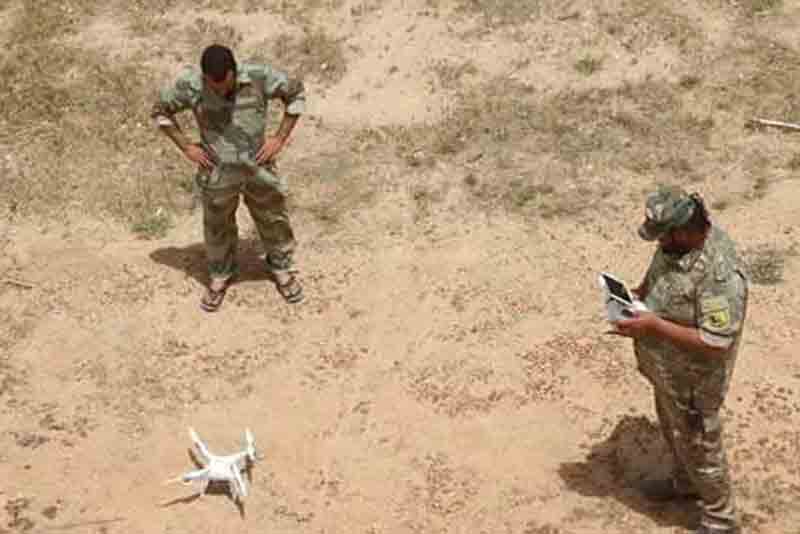By Libya Herald reporter.

Tripoli, 8 May 2017:
An eleven year-old boy has become the latest victim of Tripoli’s kidnap gangs as Amnesty International signalled its deep concern at the growing rise in abductions by militias, particularly in the west of the country.
A member of Abdul Azim Tawfiq Zintani’s family has said the boy was grabbed on Friday near his home in the Ghut Shaal district by gunmen traveling in a white Hyundai without plates. A CCTV camera recording showed the boy putting up a struggle before he was bundled into the vehicle and driven off. It is understood that the kidnappers have yet to make contact with the family.
Today, Amnesty International highlighted the rising number of abductions by citing the kidnapping two weeks ago of Tripoli university professor Dr Salem Beitelmal who was seized by gunmen not far from his Siyad home on the western outskirts of the capital. Beitemal suffers from an illness which needs regular medication.
“The case of Salem Beitelmal illustrates the constant dangers posed to civilians by militias who have continued to intimidate the population, instilling fear and dread through a ruthless campaign of abductions” said Heba Morayef, Amnesty’s North Africa Research Director. “It also highlights the complicity of political and state officials who have thus far failed to put a halt to this lucrative practice by militias.”
She said that these crimes showed how the absence of the rule of law in Libya was fuelling chaos and lawlessness leaving civilians living in fear. Since 2014 hundreds of people had gone missing and abductions had become a feature of daily life.
“The authorities must take all measures to end the cycle of violence and fear civilians in Libya are living under today, by effectively investigating such crimes and bringing those suspected of responsibility to justice.”
Amnesty said that there had been at least 293 kidnappings in Tripoli in the six weeks between December 15 last year and the end of this January. It added that for fear of reprisals, many families failed to report abductions to the Tripoli Criminal Investigations Department, thus it suspected that a lot of crimes went unrecorded.
“Most abductions are carried out with the aim of extracting as high a ransom as possible from the families, or in some cases to negotiate an exchange of detainees” said Morayef, “Abductions are also used as a tactic by militias to silence opponents, journalists, and human rights defenders who are critical of them. Individuals have been targeted based on their perceived political or tribal affiliations or their occupation or apparent wealth, in order to extract sensitive information or hefty ransom sums. ”
The human rights organisation said that rival armed groups and militias had been enjoying near total immunity while they carried out gross human rights abuses.
“Even those operating under the UN-backed government affiliated to the Ministry of Defence or under nominal control of the Ministry of the Interior are not subjected to any effective supervision or control by the central authorities.”
Marayef said that restoring the rule of law must be an absolute priority.
“ This includes authorities ensuring that those suspected to be responsible for abductions, enforced disappearances and other crimes under international law are prosecuted in fair proceedings and finally brought to justice. It’s time to stamp out the pervasive culture of impunity which has emboldened perpetrators of these crimes so far.”
The international community could no longer ignore the abductions issue in its talks with different militias and political actors. Turning a blind eye to these abhorrent crimes would only fuel the cycle of impunity.
It called for the Government of National Accord (GNA) to help bring abuses to an end by cutting off financial support for militias responsible for criminal activity.
Amnesty also once more criticised the International Criminal Court for its failure to mount “any meaningful investigations into crimes allegedly perpetrated by armed groups affiliated with successive governments in Libya.”
The ICC’s chief prosecutor Fatou Bensouda was heavily criticised by Human Right Watch this January for failing the bring any cases to court. She had complained that she lacked the resources to collect evidence and mount prosecutions.
Amnesty insisted today that the international community had a key role in providing support for the ICC investigation and ensuring the return of the rule of law to Libya.









